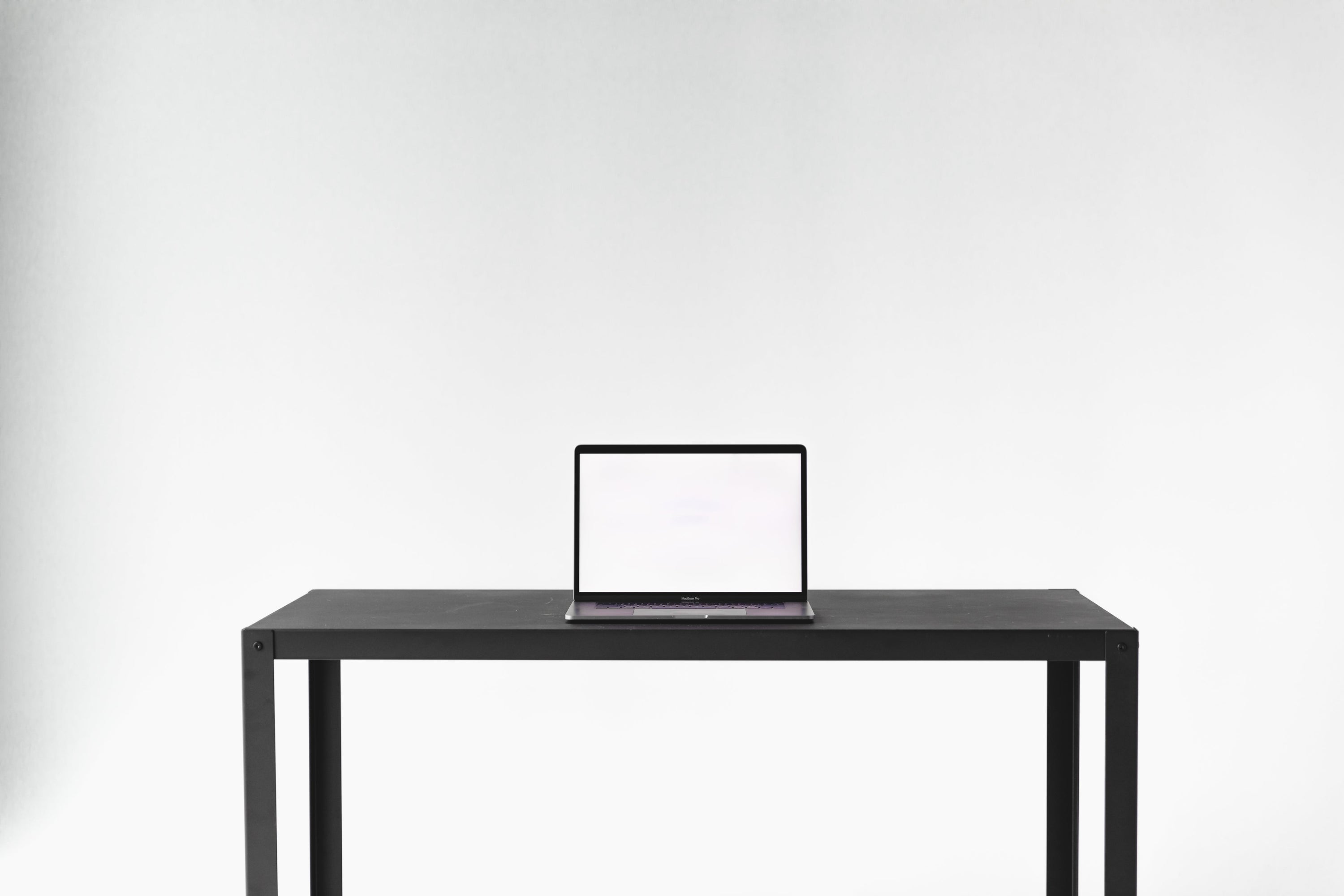
Coffee, Caffeine, and Sleep: Unpacking the Complex Relationship
by Coffee Analytica Team
·
For some, a late-night cup of coffee is nothing more than a soothing ritual before bed, while for others, an afternoon espresso could spell disaster for a night of restful sleep. I find myself in the first camp - often enjoying a coffee well after 6pm and still falling asleep with ease. Yet, I know people who, despite having their last cup hours earlier, struggle to drift off.
This disparity raises questions that go beyond caffeine metabolism. Could there be deeper factors - perhaps tied to how our brains store and process information - that influence why some people can sleep soundly regardless of coffee intake, while others are left tossing and turning?
Caffeine's Role in Sleep: A Well-Trodden Path
Caffeine’s stimulating effects on the central nervous system are well-documented. It blocks adenosine, the compound that promotes sleepiness, and its effects can vary based on genetics, tolerance, and individual physiology.
But what if caffeine isn’t the sole culprit in disrupted sleep? While caffeine sensitivity plays a role, it may only be one piece of the puzzle. The way our brains process daily inputs - our “mental clutter” - might be an overlooked factor that determines whether we sleep deeply or struggle through a restless night.
Memory and Mental Clutter: A New Perspective on Sleep
Imagine two individuals enjoying their evening coffee: one falls asleep effortlessly, while the other is plagued by racing thoughts. What if the difference lies not just in caffeine metabolism but in how each person’s brain stores and organizes information?
-
The "Tidy Desk" Metaphor
Some people naturally "tidy up" their mental clutter throughout the day. Like closing unnecessary browser tabs on a computer, they process and organize their experiences as they go. This mental efficiency may allow them to shut down their minds with ease at night - even with caffeine in their system. -
The Overloaded Hard Drive
Others may unconsciously store their daily experiences in disorganized formats, akin to saving every file as a high-resolution image instead of compressing it into a simple text file. This inefficiency could leave their minds working overtime during sleep, struggling to process fragmented memories and unresolved thoughts.
Lessons from AI and Robotics: Optimized Storage for Better Sleep
As artificial intelligence advances, its reliance on optimized storage and processing systems offers intriguing parallels for human cognition. AI systems prioritize efficient data formats to maximize performance, suggesting that humans could potentially benefit from similar approaches:
-
Streamlined Memory Processing
Could training the brain to "compress" daily inputs - focusing on key details instead of sensory overload - reduce cognitive strain and improve sleep? Practices like mindfulness, journaling, or mental visualization might help. -
Minimizing Distractions
Just as a computer shuts down faster with fewer active processes, resolving lingering thoughts or tidying mental "loose ends" could facilitate a smoother transition into deep sleep.
Coffee as a Catalyst for Reflection
Interestingly, coffee itself might play a role in this process - not just as a stimulant but as a tool for mental clarity. For me, a late-night coffee often serves as a moment to reflect, process the day, and mentally “file away” experiences. For others, however, the same cup might amplify unresolved thoughts, highlighting the individual nature of how we interact with both caffeine and cognition.
Asking the Bigger Questions
This perspective opens the door to deeper exploration:
- Beyond caffeine, how do individual memory storage styles impact sleep quality?
- Could understanding and optimizing these cognitive processes help light sleepers achieve deeper rest?
- What role might AI and robotics play in illuminating the mysteries of human sleep and memory?
Conclusion: Coffee, Sleep, and the Path Forward
At Coffee Analytica, we love diving into these intersections of science, philosophy, and human experience. Whether it’s how you enjoy your coffee or how your brain processes the day, every detail contributes to the broader story of who we are and how we rest.
This is just the beginning of a larger exploration into how our mental frameworks and daily habits influence our sleep and overall well-being. Stay tuned as we unravel more of these mysteries. Sign off!